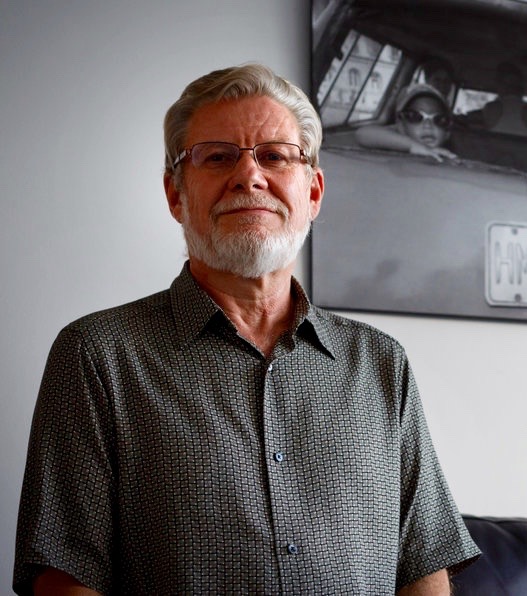
American Airlines announces it will start flights to Cuba Sept. 7
American Airlines announced on Tuesday (June 14) that their first commercial flights to Cuba will take off from Miami International Airport on the morning of Wednesday, September 7. They will land in Cienfuegos and Holguín. There is a caveat to the news. The airline has yet to receive approval from the Cuban government. But if all goes as expected it would be the first scheduled, non-chartered flight from the U.S. to the island in more than half a century.
On Friday (June 10) the U.S. Department of Transportation had announced that six U.S. airlines had won permission to resume scheduled commercial air service to Cuba. The airlines – American, Frontier, JetBlue, Silver Airways, Southwest and Sun Country – have been approved for 155 roundtrip flights per week to nine airports in Cuba. Havana is not one of the approved destinations – yet. Flights from the U.S. will depart from Miami, Fort Lauderdale, Chicago, Philadelphia, and Minneapolis-St. Paul. The approved Cuban airports are in Camagüey, Cayo Coco, Cayo Largo, Cienfuegos, Holguín, Manzanillo, Santa Clara, Santiago de Cuba, and Matanzas. As is the case of American Airlines for their scheduled September flight, the approved airlines are negotiating the rights to land in Cuba with the Cuban government.

Bob Guild, of Marazul Charters, which has carried passengers to Cuba since 1979, was asked by Progreso Weekly of the viability of 155 roundtrip flights per week to locations in Cuba that did not include Havana. “Although the U.S. traveler is interested in the many destinations Cuba has to offer, most want to visit Havana,” said Guild. “I believe,” he added, “that the airlines wanted approval to fly to those cities in case of future opportunities.” The Marazul executive seemed pretty sure that there is not a demand for 155 roundtrip flights per week as currently permitted, hinting that the number of flights would be less than the approved 155.
When asked about Havana and why it had been left out by the DOT, Guild said that, as reported by national media, “The department’s selection process has been complicated by the fact that far more routes than are available to Havana had been requested by the airlines.
“It will take a while longer,” he insisted. “Now DOT must figure out the number of routes to the Cuban capital, and who gets them. We will soon know, I am sure.”
NBC News had reported that “routes approved Friday were not contested because there was less interest in flying to Cuban locations other than Havana.”
“Before you start calling your favorite airline to book your flight to Cuba,” warned Guild, “Remember that U.S. law still prohibits tourist travel to Cuba.” In other words, he added, “Travel to the island is still limited.”
American citizens hoping to visit Cuba must first adhere to one of 12 categories of travel permitted. The categories include family visits, official business, journalist visits, professional meetings, and education and religious activities. But the Obama administration has eased rules to the point where travelers can design their own “people-to-people” cultural exchanges without need of an organization or tour operator overseeing the traveler’s trip.
“All that is needed,” said Guild, “is to keep a record of all transactions in Cuba and the equivalent of a diary of your daily comings and goings while on the island. The law states that you keep these records for a period of at least five years.”
The advent of regular commercial air service from the U.S. to Cuba will no doubt impact the charter travel business. Guild was asked how he saw the future of companies like Marazul in this new market that is opening up to “the big boys” in the travel industry.
“We understand there will be changes,” he said. “In fact, we are already seeing those changes,” he added. “But we knew these days would come; we welcome them. And if you understand the history of our company, we worked for this to happen. We want to see the day that travel to Cuba is like traveling to any other place.
“After nearly 40 years in the business, we’ve also planned for this new world of Cuba travel. We’ve created our niche. Our company specializes in the cultural, historical, and political aspects of travel to the island…
“We will be fine,” he assured Progreso Weekly. “We are not reinventing ourselves. But our focus and services will shift with the times.”


